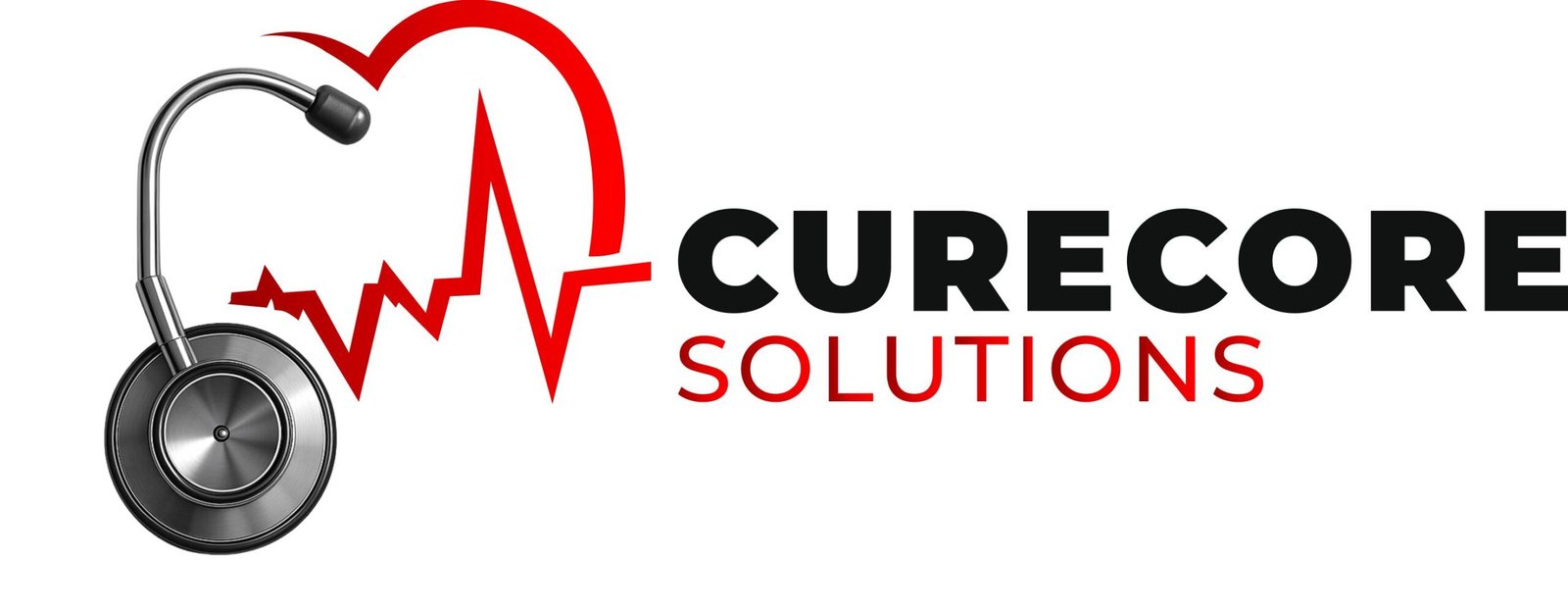A considerable number of medical practices across the country are successfully qualifying for the government’s EHR incentive program, commonly known as ‘Meaningful Use’. However, many are realizing that there is one significant hurdle to overcome before they can fully benefit from their efforts.
According to Amy Thorpe, managing consultant at healthcare IT consultancy Encore Health Resources, any provider participating in the incentive program and receiving funds could be subject to an audit. Speaking at this year’s Healthcare Information and Management Systems Society (HIMSS) Conference in Orlando, FL, Thorpe highlighted that a Meaningful Use audit can be nerve-wracking, as failure could result in having to repay all incentive payments. Nevertheless, she emphasized that preparing for such an audit is achievable with some basic steps.
Thorpe provided several suggestions to prepare for Meaningful Use audits:
- Establish a clearly defined procedure to manage the entire audit process, including identifying who in the organization will handle the audit notice.
- Ensure quick access to required documentation. Once audited, practices have two weeks to gather requested information, which must be submitted in PDF format or uploaded to the auditor’s portal.
- Assemble information that could be requested during an audit, considering audits can occur up to six years post-attestation.
- Conduct a self-assessment to determine readiness for an audit. Questions to consider include:
-
- Are all source documents used during attestation being kept?
- Is there a plan for storing evidence for six years?
- Is there a robust system for document retrieval?
- Has the organization developed a clear response plan for a CMS audit?
- Have all relevant staff been identified and informed of their roles?
- Has a mock audit been conducted, and was information produced in a timely manner?
By addressing these aspects and planning ahead, practices can increase their chances of success during Meaningful Use audits.
